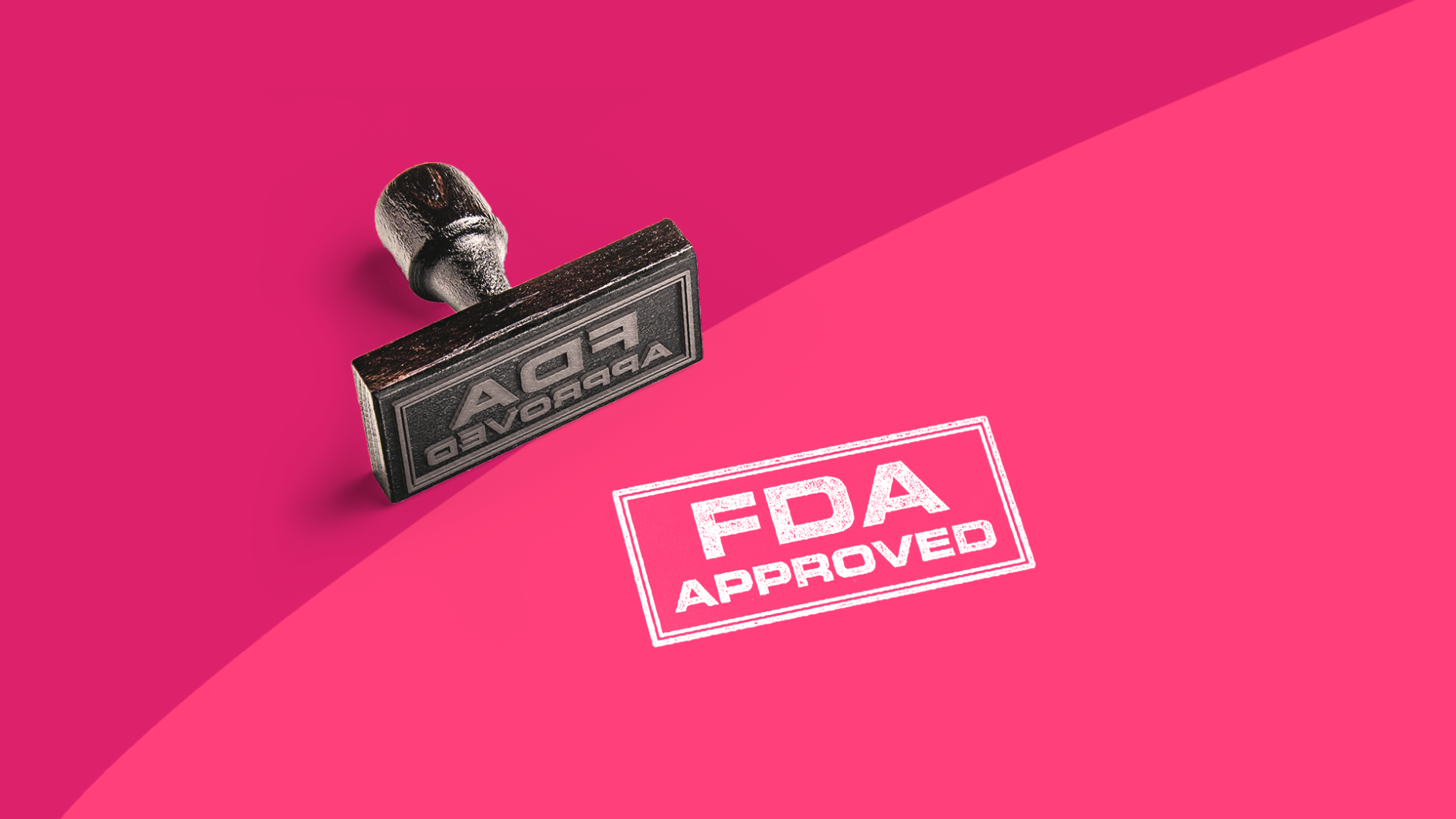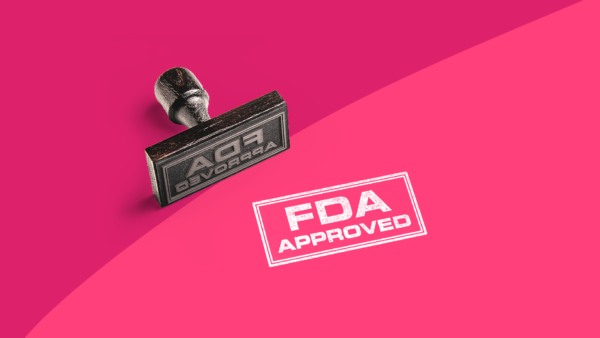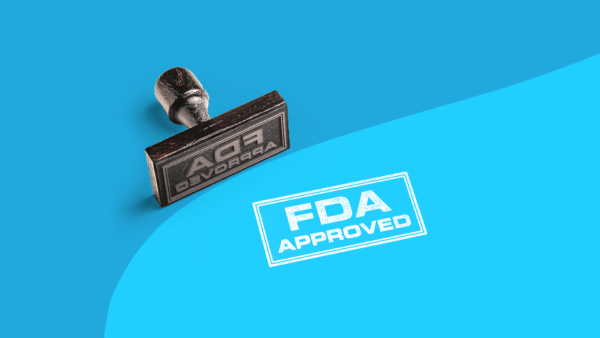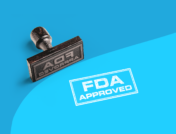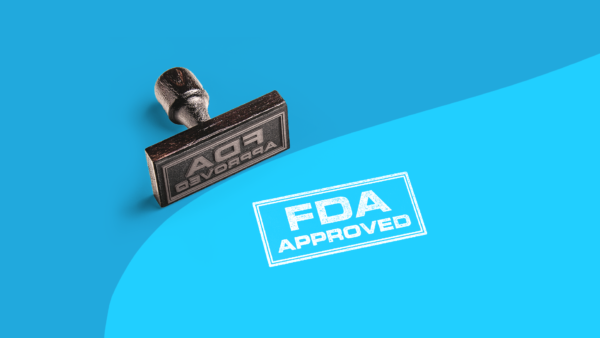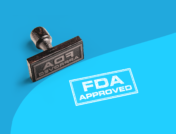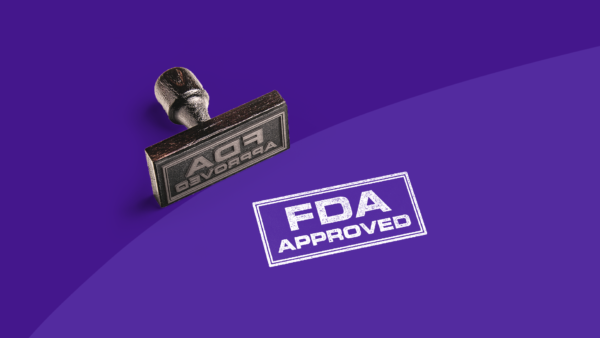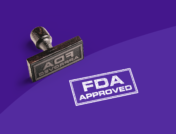Getting drug approval from the FDA includes a highly regulated process that requires companies to complete multi-phase trials, fill out various applications, and ultimately play a waiting game to find out if they can move forward with sales. All in all, it takes about 10 years for a drug to receive FDA approval, and just recently the marketplace has seen several new approvals that offer promising results for patients with specific conditions.
Lucemyra for opioid addiction treatment
Treatment specialists have long since depended on specific medications to help patients with drug addictions; however, these pharmaceuticals can sometimes bring their own set of side effects. In most cases, opioids are used as a part of medication-assisted treatment, where the drug combines with various therapeutic techniques to help people to break their dependency.
However, opioid abuse and misuse is rampant throughout the country. In 2016 alone, 116 people died daily as a result of opioid overdoses. In an effort to help with this epidemic, the FDA has just given approval for lofexidine.
Marketed as Lucemyra, lofexidine is a drug designed to replace opioids and the dependency that comes along with them as patients go through withdrawals. One of the major benefits of this drug is that it’s created in such a way that people cannot become addicted to it, and it’s shown great promise in clinical trial settings.
Gilenya for multiple sclerosis treatment
Another breakthrough in the pharmaceutical market comes with the FDA expanded approval of Gilenya, a drug which was first approved in 2010 to treat adults with relapsing multiple sclerosis. The expansion allows for it to be used to treat pediatric patients age 10 and older who suffer from relapses of multiple sclerosis. Although most individuals are diagnosed with MS between the ages of 20 and 50, children who suffer from this condition often find a severely decreased quality of life.
Multiple sclerosis is characterized by bouts of many symptoms (such as pain, tremors, dizziness, difficulty walking, among others) that ebb and flow. As a chronic autoimmune disease, it interferes with the communication processes between your brain and your body.
Aimovig for migraine treatment
More than 38 million people are affected by migraines in the U.S. In addition to throbbing head pain, people who experience migraines often find they are incredibly sensitive to sound and light, and can even experience nausea, vomiting, and blurred vision.
Patients who experience migraine try, often unsuccessfully, a variety of treatments, including over-the-counter medications and various prescription medications for prevention or treatment. In mid-May, the FDA approved a monthly injectable medication intended to prevent migraines.
Experts find that an annual supply of Aimovig will cost $6,900 and while it promises patients relief from symptoms that interfere with their daily lives, it comes at a cost of nearly $600 per month.



